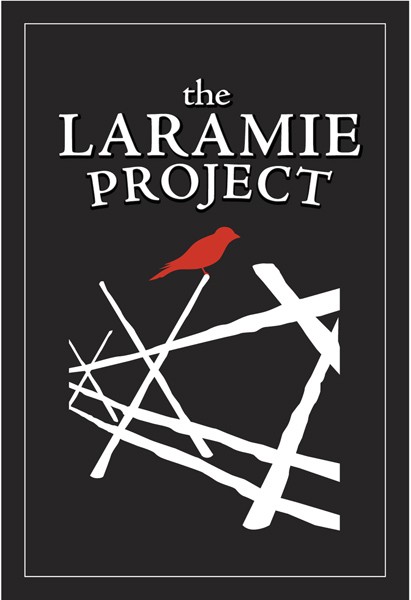What I think is interesting is that race goes beyond physical looks, but that generally is the first marker. If let's say that Dick looked at the Black Freedom Movement, he would see a majority dark-skinned group of fighting for voting rights. If in his shoes, I would see a group of people fighting for a fair chance at representation. It wouldn't be where you came from that defined you, but what ties you together currently. If race and ethnicity no longer exists, those with similar interests and situations would group together.
Dick's obsession to fulfill stereotypes fulfills a very American stereotype of needing to "fit in." Stepping into his shoes, unable to understand this "caste system", I would find other ways to relate to a group of people. Life is defined by who you are, but also by who you're not. Unfortunately, an alien wouldn't understand this differentiation.
Being in Dick's shoes teaches me that race is almost pointless, when referring to the past. There are many people throughout history that couldn't receive the vote, including poor white and women. Yes, linking a social movement to race will bring unity within, but the ultimate goal of obtaining voting rights is equality for all. If race is the main factor bringing a group of people together, then the mantra is not equal rights. It would be more accurately, equal rights for just one.


